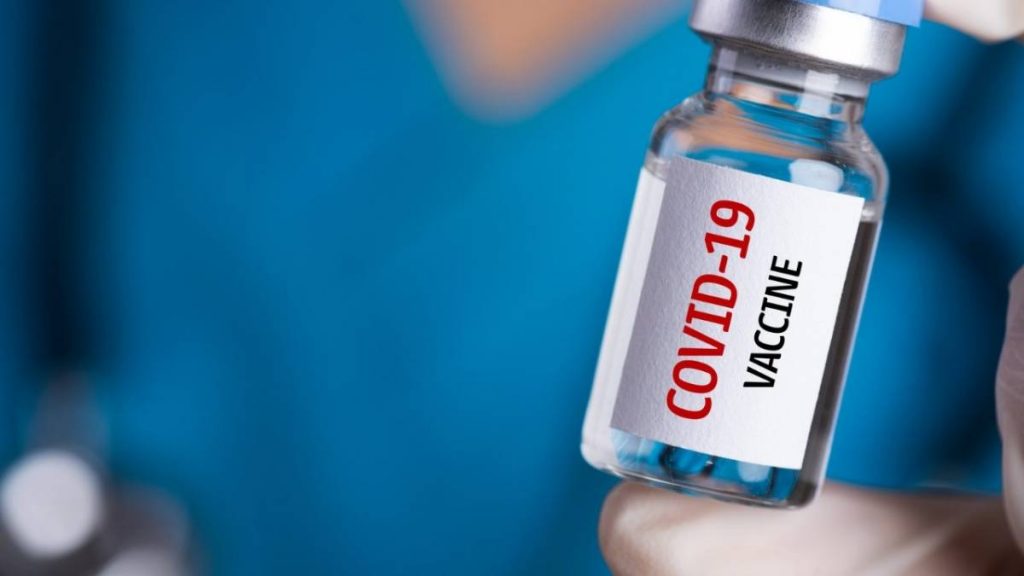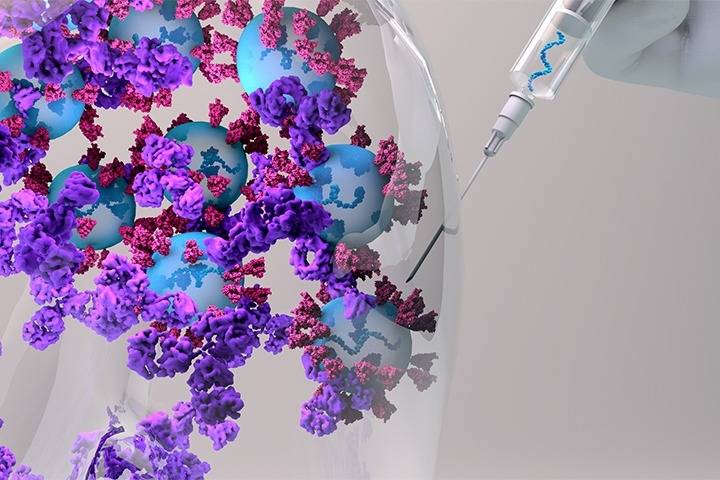However, 40% of people in these groups mounted a low, or undetectable, immune response after two doses, and the level of antibody response varies between the groups studied…reports Asian Lite News.
A new clinical trial to determine whether a third dose of vaccine will improve the immune response for people who have weakened immune systems is launching in the UK.
The study, OCTAVE DUO, will offer people who are immunosuppressed or immunocompromised a Pfizer, Moderna or Novavax vaccine to determine whether this will give a stronger immune response than two doses.
The £2.2 million study will build on the OCTAVE trial, led by the University of Glasgow and co-ordinated by the University of Birmingham’s Cancer Research UK Clinical Trials Unit.
The OCTAVE trial has published preliminary data today showing that 89% of people who are immunocompromised or immunosuppressed generate antibodies following vaccination, and 60% generated a strong antibody response following two doses of a vaccine.
However, 40% of people in these groups mounted a low, or undetectable, immune response after two doses, and the level of antibody response varies between the groups studied.
The level of antibodies required for protection from COVID-19 is still not known, and it is likely that T cells also play an important role in protecting people from the virus. These findings therefore don’t provide a conclusive assessment of the protection vaccines offer people with weakened immune systems.
Up to 1,200 patients who are already involved in the OCTAVE study or those with other at-risk conditions involved in parallel studies will be recruited to the OCTAVE DUO trial.
The OCTAVE DUO study, co-funded by the government’s Vaccines Taskforce and UK Research and Innovation (UKRI) and led by the University of Glasgow and University of Birmingham, will analyse in detail the immune response of this group to the vaccine and the durability of this protection. It will also use healthcare records to determine whether any participants are later diagnosed with COVID-19.
Initial results are expected later this year to inform the UK’s COVID-19 vaccine deployment in these specific at-risk groups. The trial will follow the patients to mid-2022 and offer more detailed information at that stage about the immune responses that develop in these groups.
Health and Social Care Secretary Sajid Javid said: “Vaccines have built a strong wall of defence in the UK and this is allowing most of us to learn to live safely with COVID-19.”

“We know some people may get less protection from the vaccine than others, so we are planning for a booster programme in the Autumn, prioritising those most at risk.”
“This new study will play an important role in helping to shape the deployment of future vaccines doses for these specific at-risk groups,” he added.
A separate study by Public Health England in July which looked at antibody response and vaccine effectiveness against symptomatic infection also showed that those who were immunocompromised had lower antibody responses.
ALSO READ-UK signs deal with Pfizer/BioNTech for 35mn vaccines

Leave a Reply